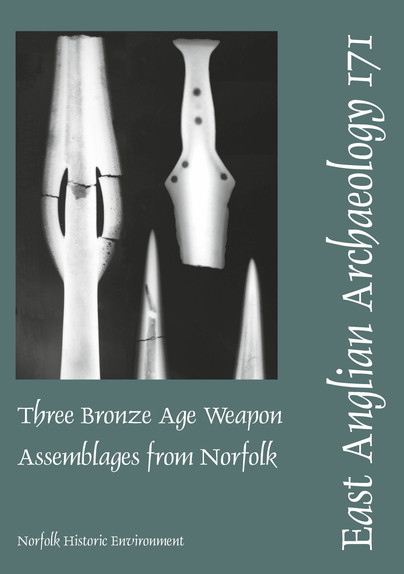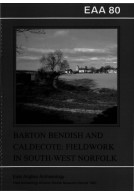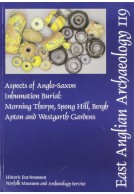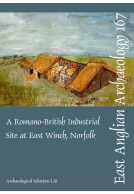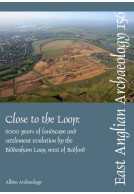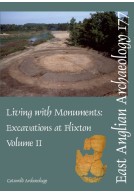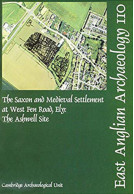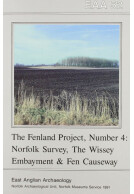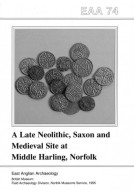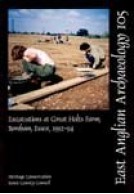EAA 171: Three Bronze Age Weapon Assemblages from Norfolk (Paperback)
Imprint: East Anglian Archaeology
Series: East Anglian Archaeology Monograph
Pages: 100
Illustrations: 43
ISBN: 9780905594552
Published: 31st March 2020
Script Academic & Professional
Series: East Anglian Archaeology Monograph
Pages: 100
Illustrations: 43
ISBN: 9780905594552
Published: 31st March 2020
Script Academic & Professional
You'll be £15.00 closer to your next £10.00 credit when you purchase EAA 171: Three Bronze Age Weapon Assemblages from Norfolk. What's this?
+£4.99 UK Delivery or free UK delivery if order is over £40
(click here for international delivery rates)
Need a currency converter? Check XE.com for live rates
(click here for international delivery rates)
Need a currency converter? Check XE.com for live rates
Norfolk has a rich heritage of prehistoric metalwork from the daggers of the Early Bronze Age to the late pre-Roman Iron Age treasures of Snettisham. In recent years relatively little has been written about the Bronze Age metalwork. Individual classes, such as swords, have been recorded in Prähistorische Bronzefunde while depositional practices have been explored in a number of theses, building on earlier classification of hoards and other assemblages going all the way back to the work of Sir John Evans in the late 19th century. Weapon assemblages and their deposition have more generally been a focus of attention, especially in relation to the ritual use of water and wet places, and regional biases in distribution have been noted when compared with other classes of hoard. More recently particular attention has been paid to the practical use of weapons and their condition at deposition, quantifying combat and other damage.
The discovery over a period from the 1950s of three roughly contemporary Late Bronze Age weapon assemblages from north-west Norfolk, provides the opportunity to combine a range of archaeological and technological approaches to their characterisation and interpretation. For the first time the resources were available to link a full compositional, metallographic and radiographic study of the largest of the assemblages, that from Waterden, with an assessment of combat and ritualised damage and with the more traditional archaeological approaches of typology and chronology to enhance our understanding of some important aspects of Late Bronze Age life and society. The results from Waterden are supported by archaeological field investigation, and serve to illuminate the two smaller finds, both from Fincham.
Other titles in the series...
Other titles in East Anglian Archaeology...







